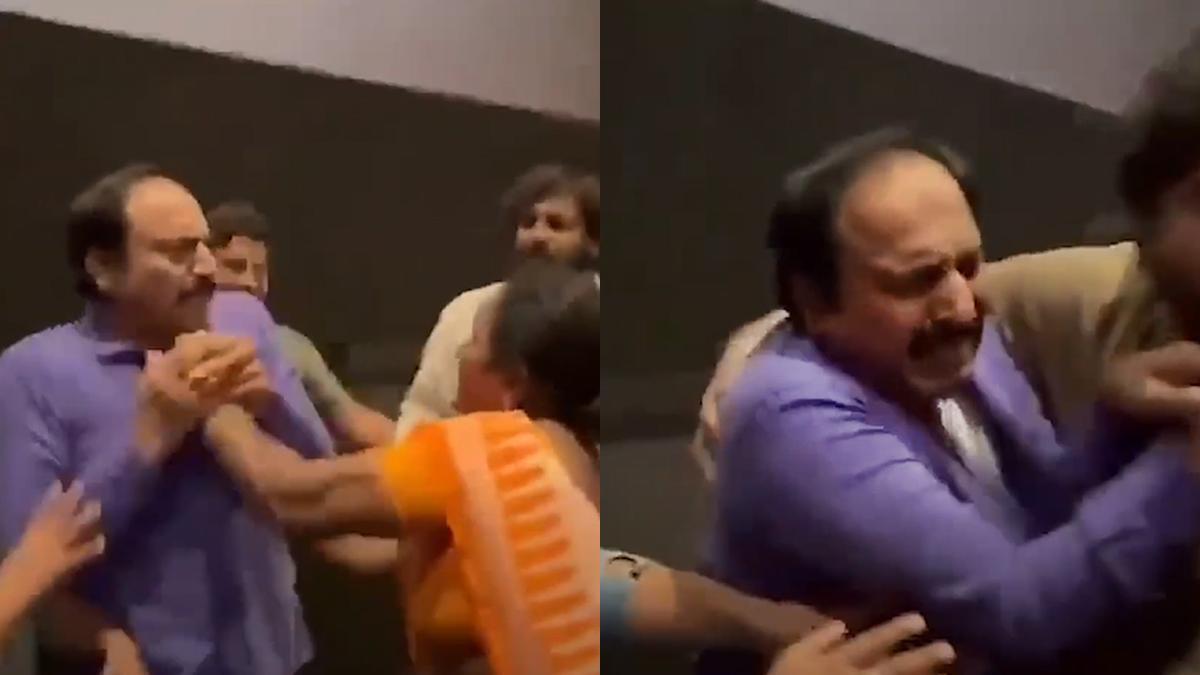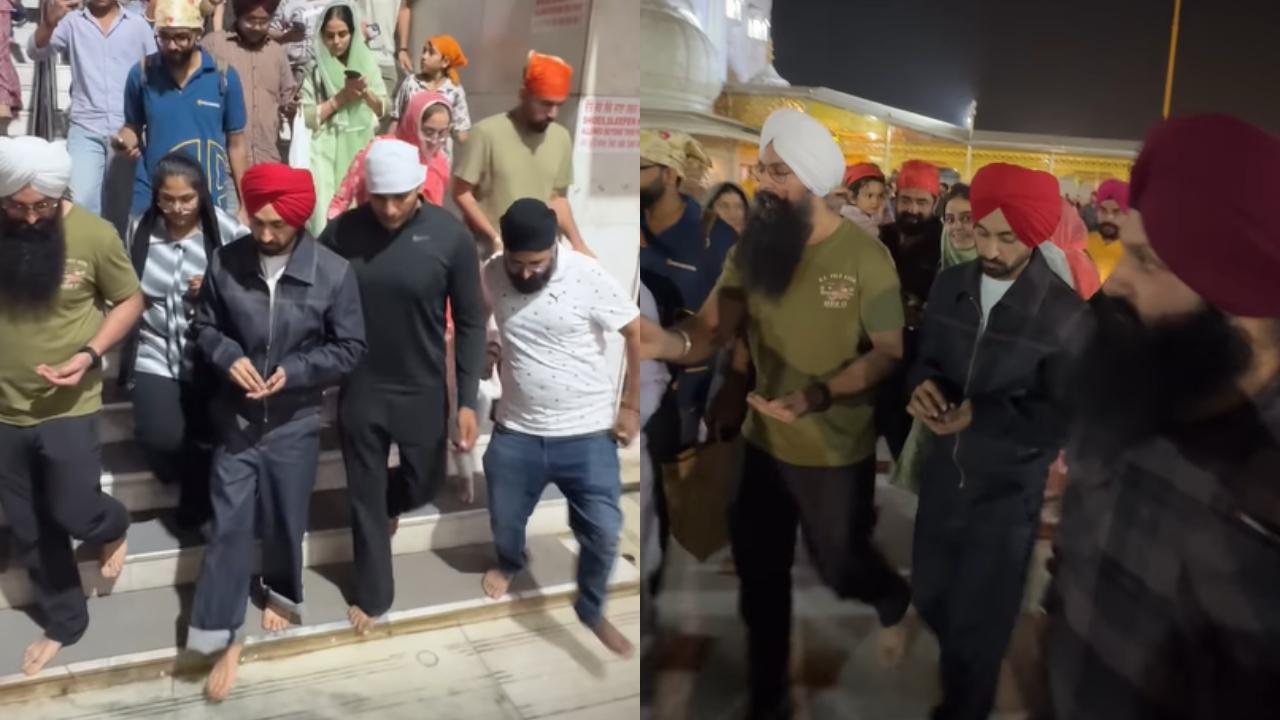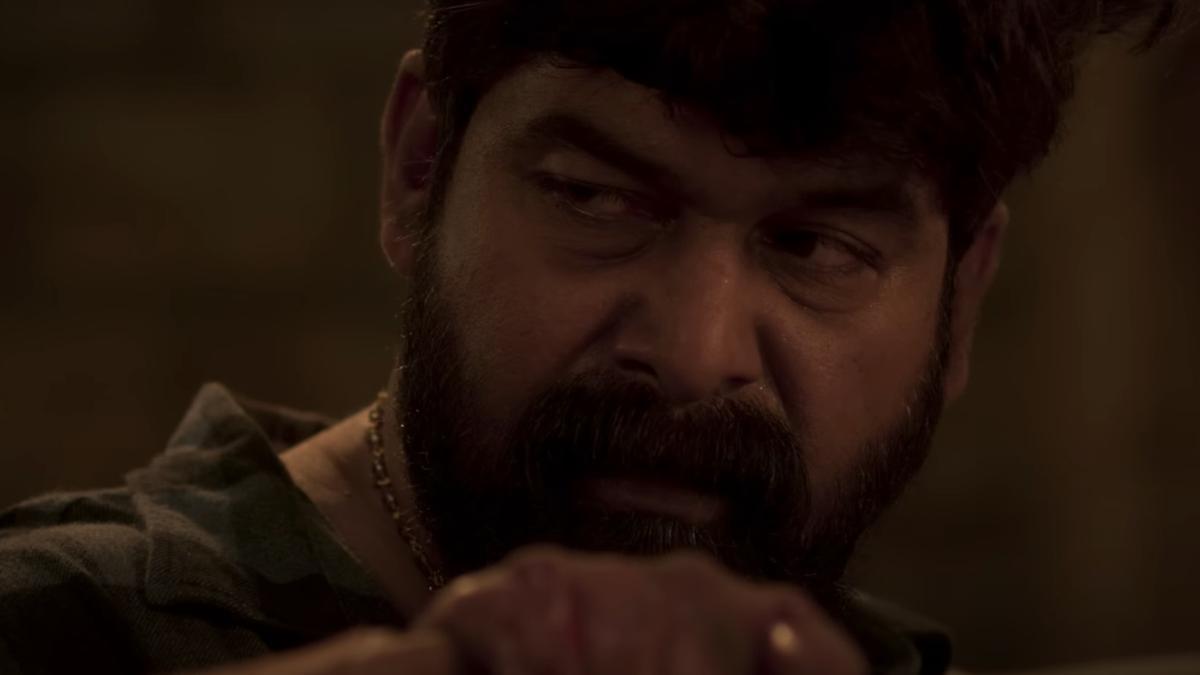
In an unprecedented incident that has sent shockwaves through the Telugu cinema fraternity, actor NT Ramaswamy found himself at the center of a dramatic episode during the screening of the film “Love Reddy.” The actor, known for his compelling performances, was left reeling when a woman from the audience physically assaulted him, criticizing his role in the movie.
The startling event took place shortly after the release of “Love Reddy,” a rural romantic drama directed by Smaran Reddy, which premiered on October 18, 2024. The film, which features prominent actors Anjan Ramachendra and Sharvani Krishnaveni as the lead couple, explores the intricacies of a romantic relationship challenged by external forces. NT Ramaswamy plays a pivotal antagonist role, embodying a character that relentlessly attempts to dismantle the bond between the protagonists.
During a post-screening interaction, intended as a light-hearted meet and greet between the film’s cast and their audience, the atmosphere abruptly changed. A woman, evidently moved—or rather incited—by Ramaswamy’s portrayal of the antagonist, stormed towards him and, to everyone’s disbelief, slapped him. Before anyone could intervene, she grabbed him by the collar and vocally expressed her dissatisfaction with his character in the movie.
This incident, caught on a cell phone camera by one of the audience members, quickly went viral once uploaded to social media platforms. Within hours, the footage amassed thousands of views, with social media users expressing a mix of amusement, shock, and concern. The video showcased not only the slap but also the immediate chaos that ensued as the film team rushed to mediate the situation.
The woman’s resentful reaction appeared to stem from one of Ramaswamy’s scenes, depicted in the film as a violent act where his character hits himself with a stone. The intensity and realism of Ramaswamy’s performance seem to have blurred the lines for the viewer between fiction and reality, provoking such an extreme backlash.
Smaran Reddy, the film’s director, commented on the incident with a mix of surprise and concern. “Art imitates life, and sometimes it evokes strong feelings.
. However, what happened was unexpected. It serves as a reminder of the power of cinema and the responsibility we have as filmmakers.”
The cast and crew of “Love Reddy” have expressed regret over the incident, emphasizing the fictional nature of the movie and the characters portrayed within it. According to fellow actor Anjan Ramachendra, “It’s an actor’s job to play diverse roles, including those that may appear negative. It is unfortunate when such roles are misinterpreted outside the context of fiction.”
The film industry and fans alike have rallied around NT Ramaswamy, condemning the assault and expressing support for the actor who was simply performing his duty to the character and the story. The Telugu Film Chamber of Commerce released a statement urging audiences to appreciate the nuance of performances without resorting to violence or misdirected anger against actors.
Beyond shedding light on the responsibilities of filmmakers and actors, this incident also highlights the powerful influence cinema holds over its audiences. As the conversations continue on social media and various forums, many call for a broader discussion on audience interactions with film characters versus their real-life counterparts.
NT Ramaswamy, though shaken by the incident, seems to be taking it in his stride. “It’s overwhelming, but I understand that as an actor, evoking a response is part of my job—even though I never expected such a personal reaction,” he said, addressing the media following the incident. “I hope this serves as an opportunity to discuss how deeply fiction can impact us emotionally.”
While security has been increased at subsequent screenings of “Love Reddy,” the film is continuing to do well at the box office, with audiences appreciating its storytelling and robust performances. The incident may have marred the film’s initial screening, but it has certainly added to the dialogue around the film, transforming it into a cultural touchstone for discussions about the powerful interplay between film and viewer perception.










